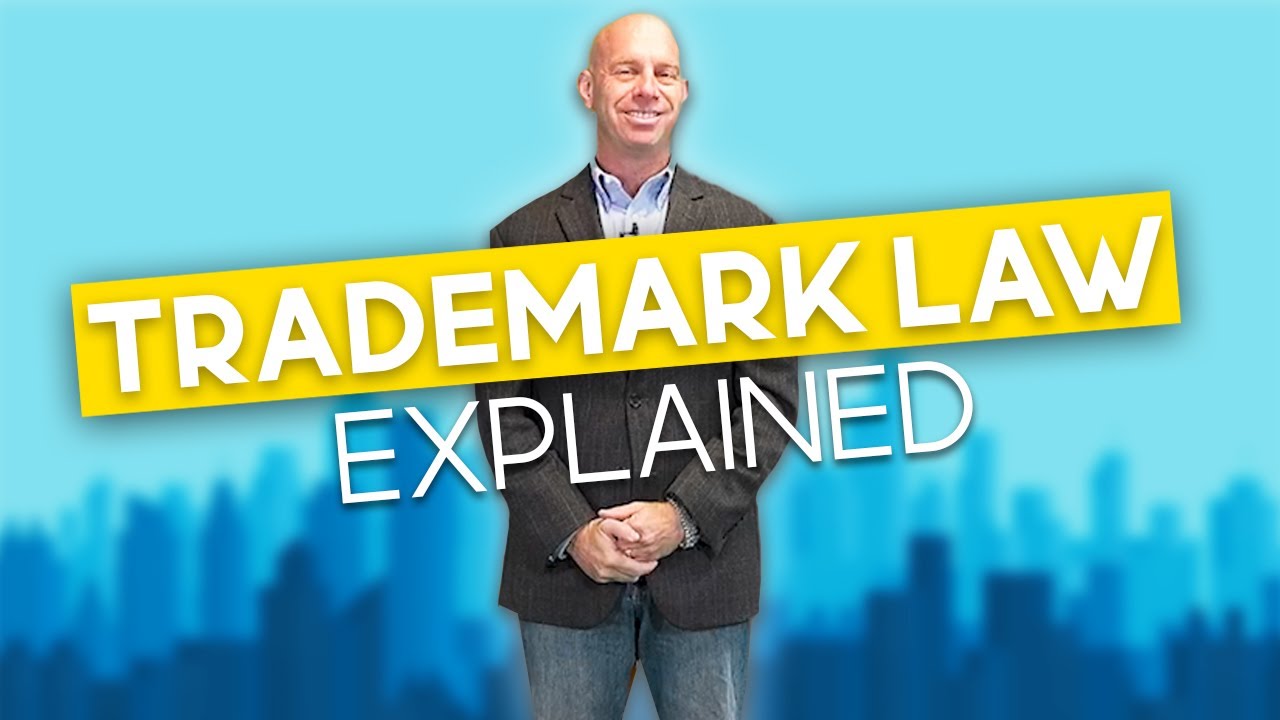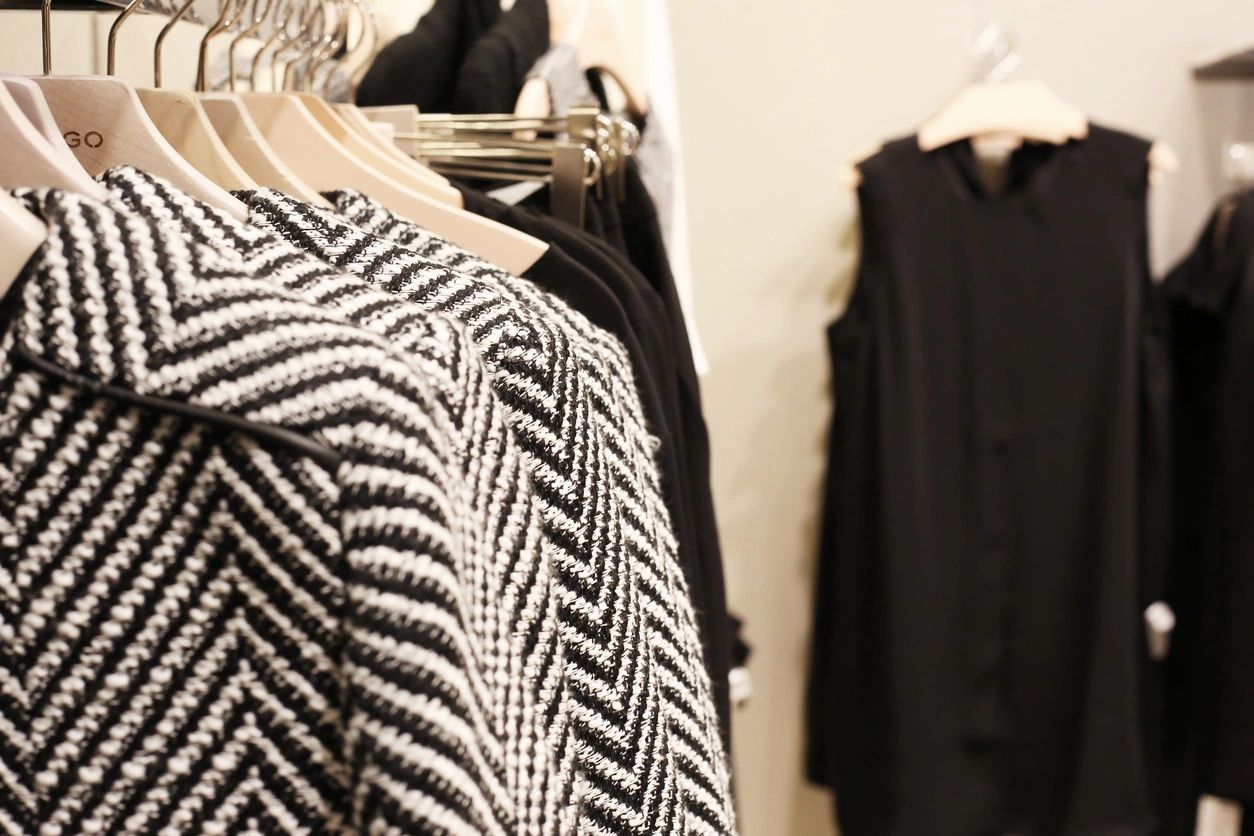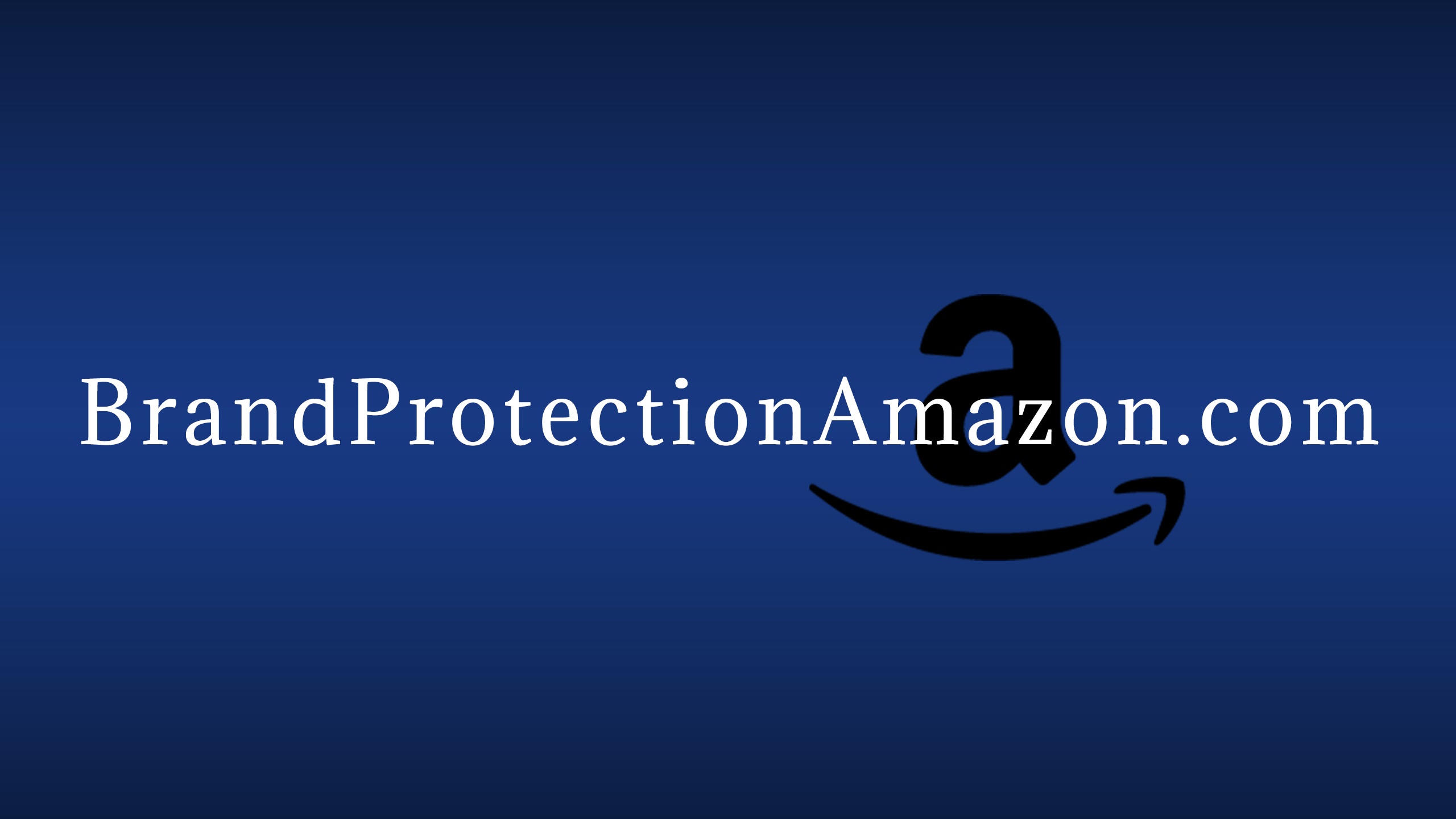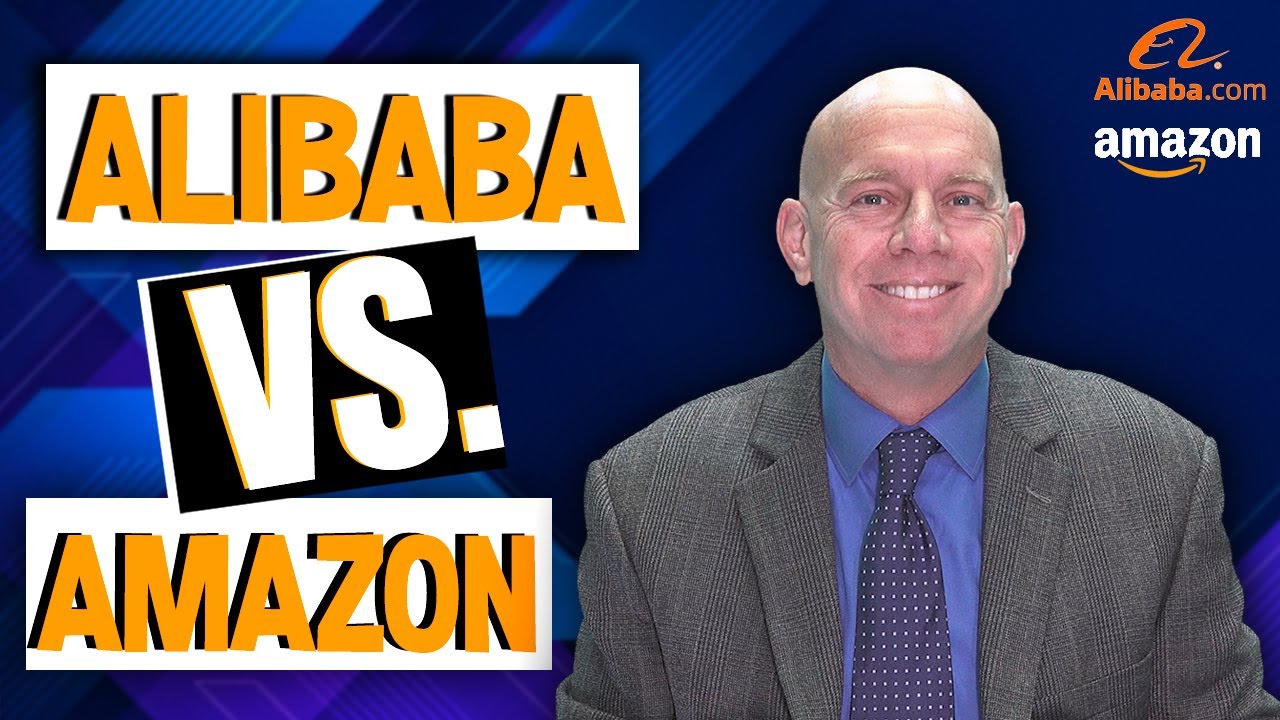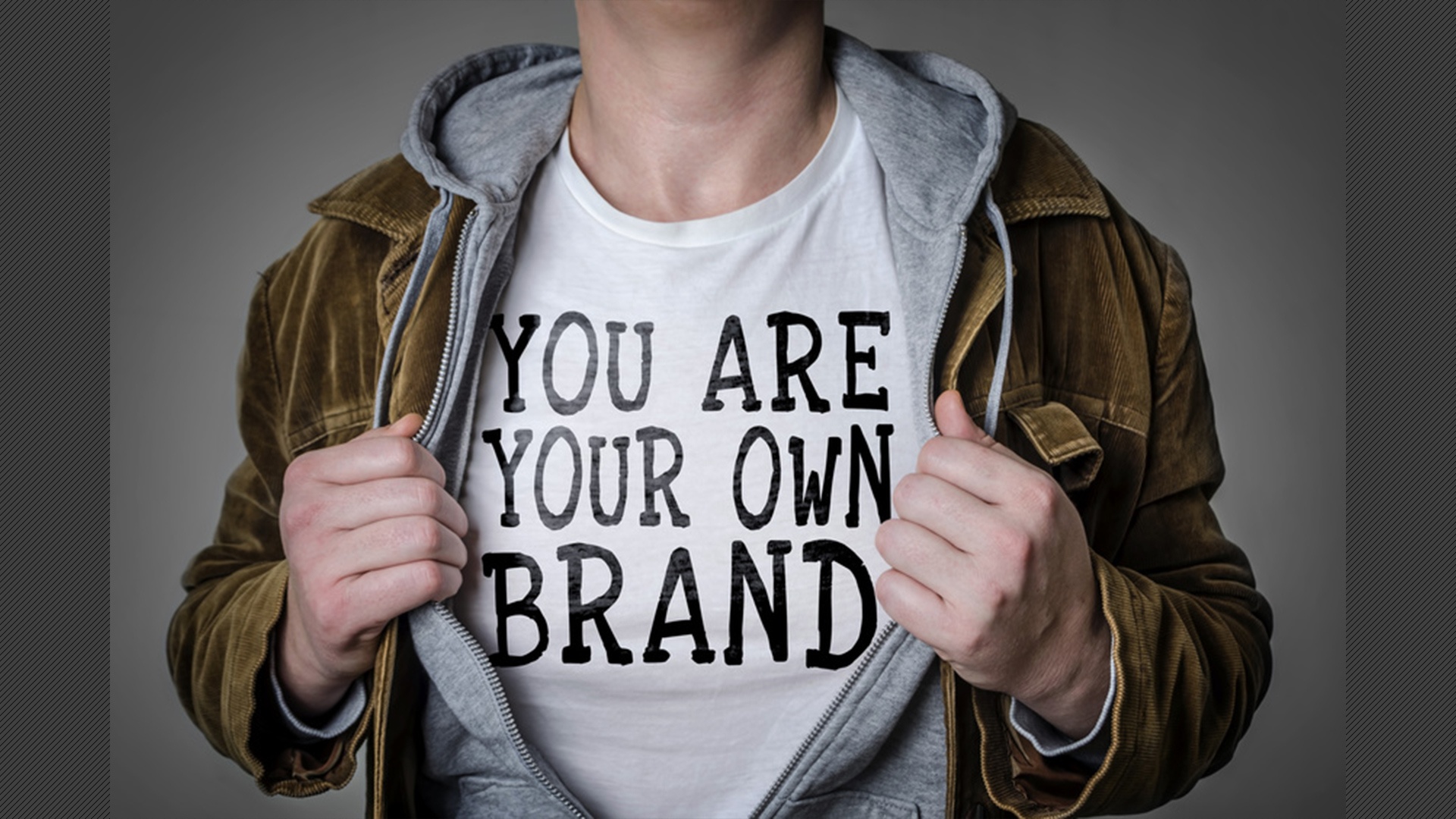
Chancelor Bennett grew up in Chicago, Illinois. To the average American, the name Chancelor Bennett doesn’t mean much, or have any association with the music industry at all. Now if you say Chance the Rapper, the multi-Grammy award winner, you get a real response.
This is what Chance’s goal was to make people understand. The name “Chance the Rapper” is trademarked, and therefore any merchandise sold with his name on it without his permission is illegal.
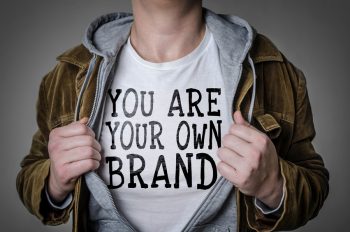 Ahead of his April 2017 tour, where the rapper would be performing in large stadiums and famous music festivals such as the Governor’s Ball Music Festival in New York, Chance filed a formal complaint with the United States District Court for the Northern District of Illinois Eastern Division that the defendant(s) violated “the Lanham Act, the Illinois Right of Publicity Act, the Illinois Consumer Fraud and Deceptive Business Practice Act, and for misappropriation and unfair competition under Illinois common law” [1].
Ahead of his April 2017 tour, where the rapper would be performing in large stadiums and famous music festivals such as the Governor’s Ball Music Festival in New York, Chance filed a formal complaint with the United States District Court for the Northern District of Illinois Eastern Division that the defendant(s) violated “the Lanham Act, the Illinois Right of Publicity Act, the Illinois Consumer Fraud and Deceptive Business Practice Act, and for misappropriation and unfair competition under Illinois common law” [1].
The Lanham Act in 1946 “oversees unfair competition laws and violations (…) and gives the owner of a famous trademark a way to protect it from changes. No other person or company can use the mark in a way that reduces how unique it is” [2]. Under Section II of the Illinois Right of Publicity Act, which states that “an individual has the right to control the commercial use of his or her name, likeness and identity” [3], Chance has cause that the infringing merchandise is not authorized.
Due to the artist’s popularity and therefore the economic gain the artist expects from the upcoming tour from merchandise, it became pertinent for the artist and plaintiff to pursue legal action to stop the trademark infringement expected and already widespread, as seen under Count 1, a subsection of the case files describing the “violation of Section 24(a) of the Lanham Act” [4]. Not only does the infringing merchandise hurt the artist and his sales, it hurts the fans and audience of the rapper.
The infringing goods “are likely to cause the purchasing public to believe that the sale of such infringing merchandise is authorized, sponsored or approved by Artist and Plaintiffs, and that such infringing merchandise is subject to the same quality control and regulation required by Artist and Plaintiffs” [5].
Infringing merchandise, especially sold at the venue of large concerts, is more often than not assumed to be that of the artist. One issue that can arise from this, is that the consumer on top of believing that they are buying regulated merchandise, is that the quality of said merchandise is up to par of the artist and their real merchandise.
Why should the average Seller know cases such as these?
Infringing goods are probably the number one reason why Sellers get suspended from Amazon. Whether copyright, trademark, or patent infringement, a Seller must know the policies for listing products on Amazon, and how to protect oneself from potential infringers, but also make sure that you are not a party to infringement as well.
At Rosenbaum Famularo PC, we are dedicated to helping the Seller either be on the defensive or offensive side of Amazon, eBay, Alibaba, or other platform suspensions, or infringement issues. Intellectual property is greatly important in today’s technological atmosphere and encompasses many Sellers and consumers from various different age groups.
Chance the Rapper counterfeit merchandise
[1] Filed 4/19/17, Case 1:17-cv-02939
[2] https://www.upcounsel.com/lanham-act
[3] http://www.chicagoartistsresource.org/articles/understanding-privacy-and-publicity-rights-illinois-what-artists-need-know
[4] Filed 4/19/17, Case 1:17-cv-02939 (page 6)
[5] Ibid. (page 8)

